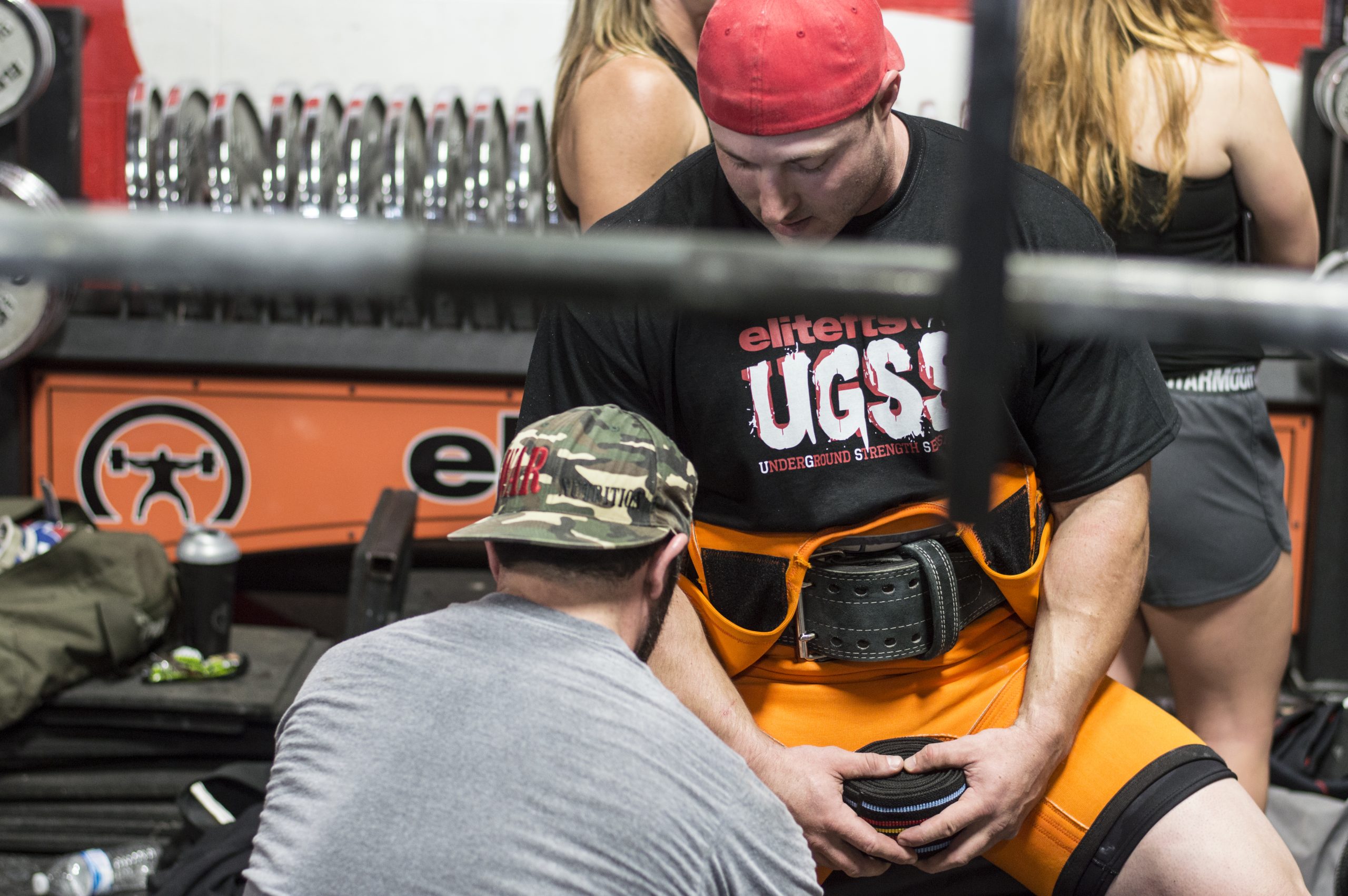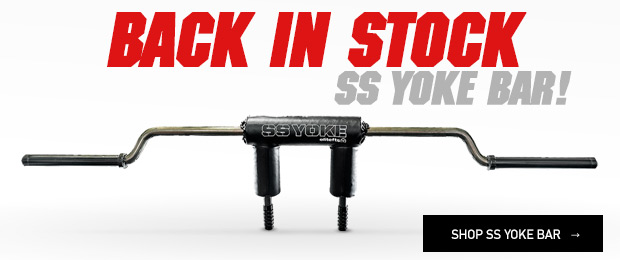
Training Max (noun)
1. a weight that you can successfully lift on any given day, meaning your worst day
2. NOT the most weight you've ever hit on a given lift, be it in competition or in the gym
3. A built in safeguard for healthy training and consistent progress
See: smart programming
This is not a new topic, but it gets abused and/or ignored by lifters of all experience levels. I've experienced the following questions:
"Do you ever program your percentages based off of weights that you want to hit?"
No.
"Hey my best deadlift is 574. I was going to use 560 as my training max."
Stop.
"I'm 8 weeks out from my meet and crushing my numbers. Should I adjust my maxes."
My head hurts.
So let me be as clear and concise as possible:
1. You are better off underestimating your training max than overestimating.
2. A general rule of thumb is take 90% of your best and use that number to program off of.
3. The younger your training age, the more likely you can go with a higher percentage training max.
Why?
1. It is possible, and actually likely, that you will get strong using sub-maximal weights.
2. It allows you to recover properly between training sessions- it's not what you can do, it's what you can recover from.
3. The stronger you get, the lower your training max should be (there are exceptions to every rule but I promise it doesn't apply to you).
-When I was young and my bench was sitting in the mid-400s, I could bench 420-430 (95%) pretty regularly. So I could base my training off of that number.
-As I got older (and stronger) my bench reached the mid-500s. At this point I was not able to hit 95% on a bad day (515)- most days, sure! But remember we're planning for all training days, not just your best days. The point of a training max is to account for 'bad days,' even 'bad weeks.' I could however easily hit 90% on a bad day - 485. So that was my new training max and what the rest of my program was based off of.
So what if you're crushing your numbers week in and week out?
Great!
1. Add volume.
2. Move the bar faster.
3. Change the movement to make it harder.
4. Buy yourself a new bar to challenge yourself - SSB Yoke.










1 Comment